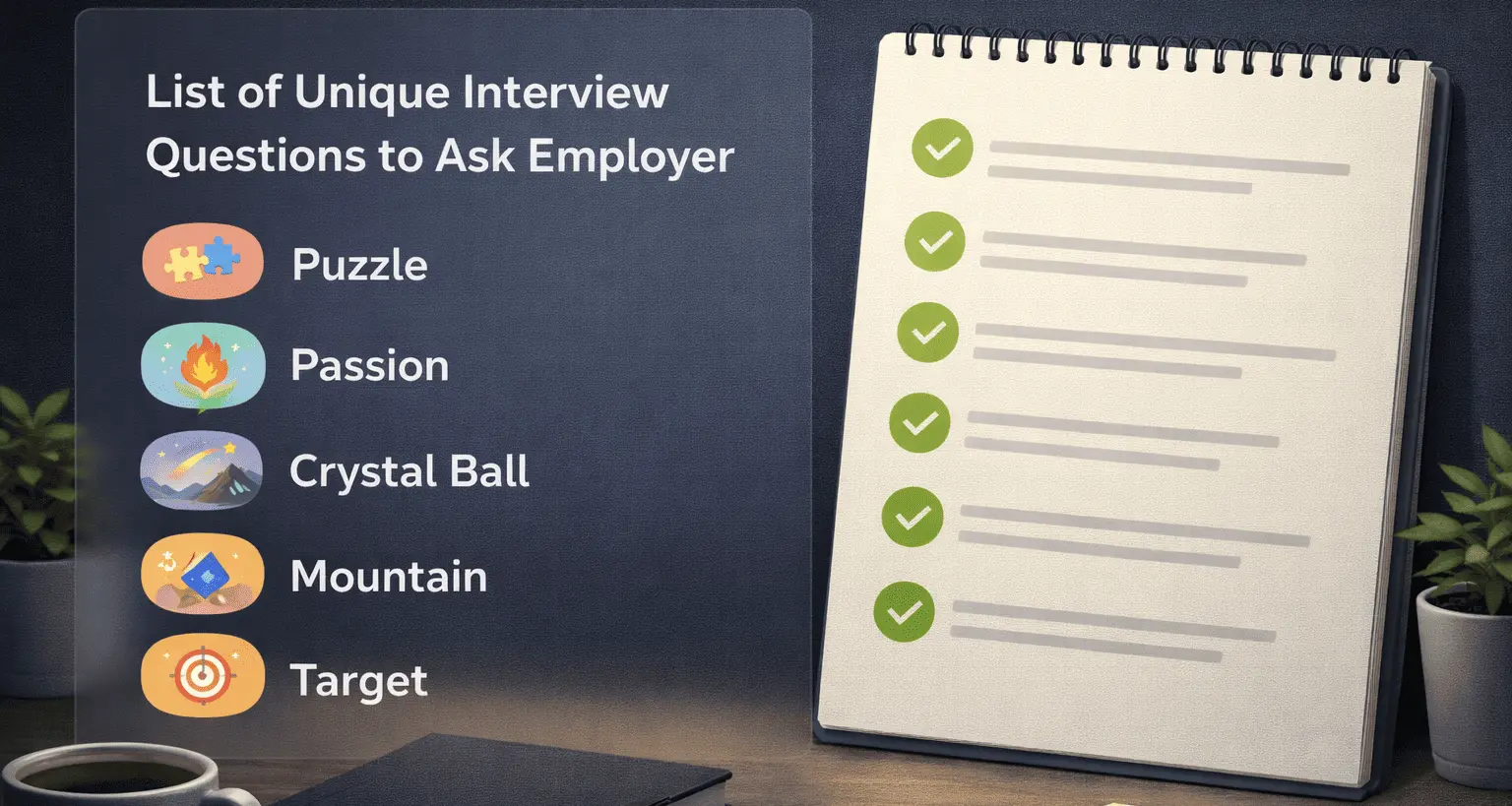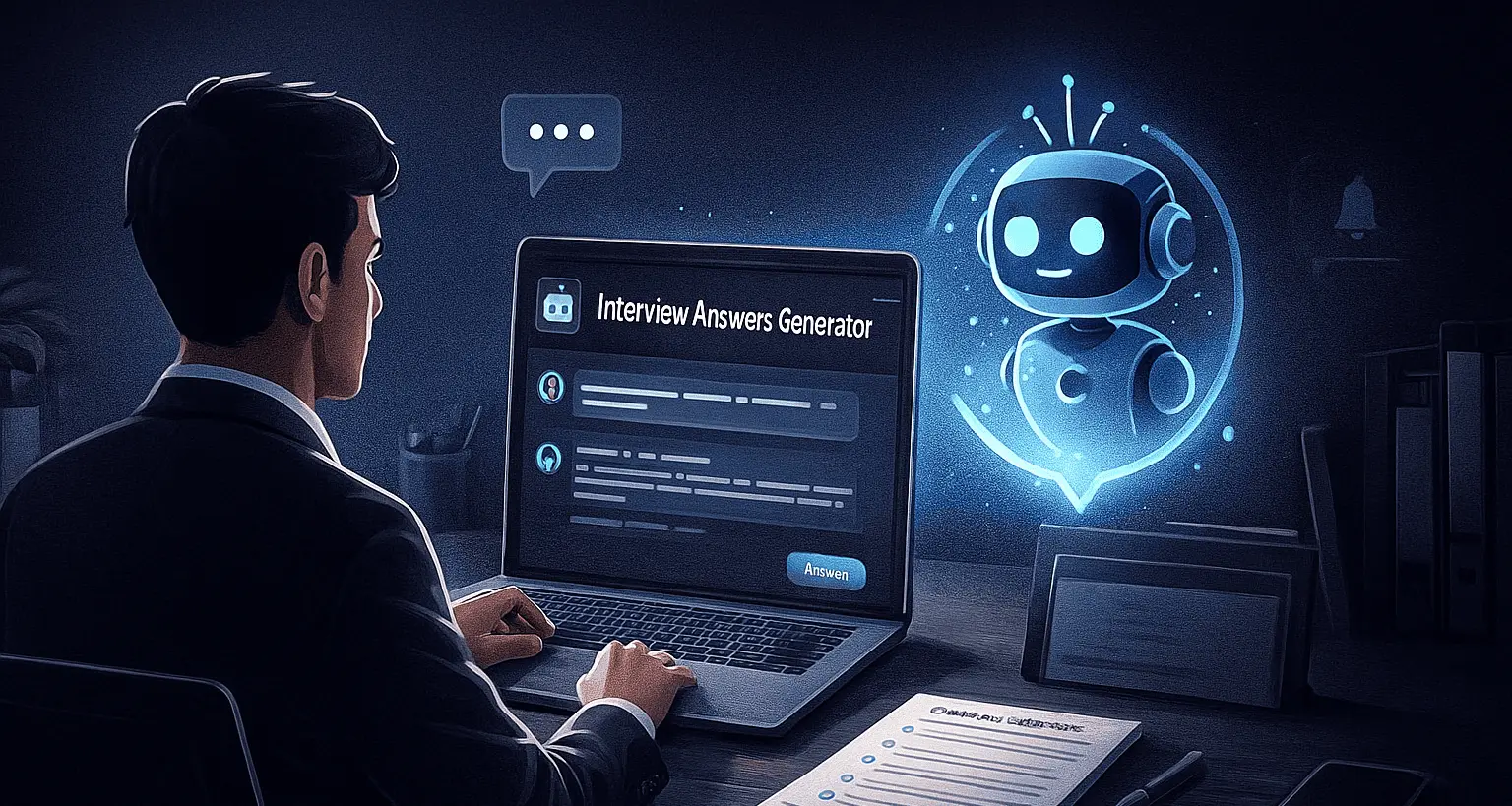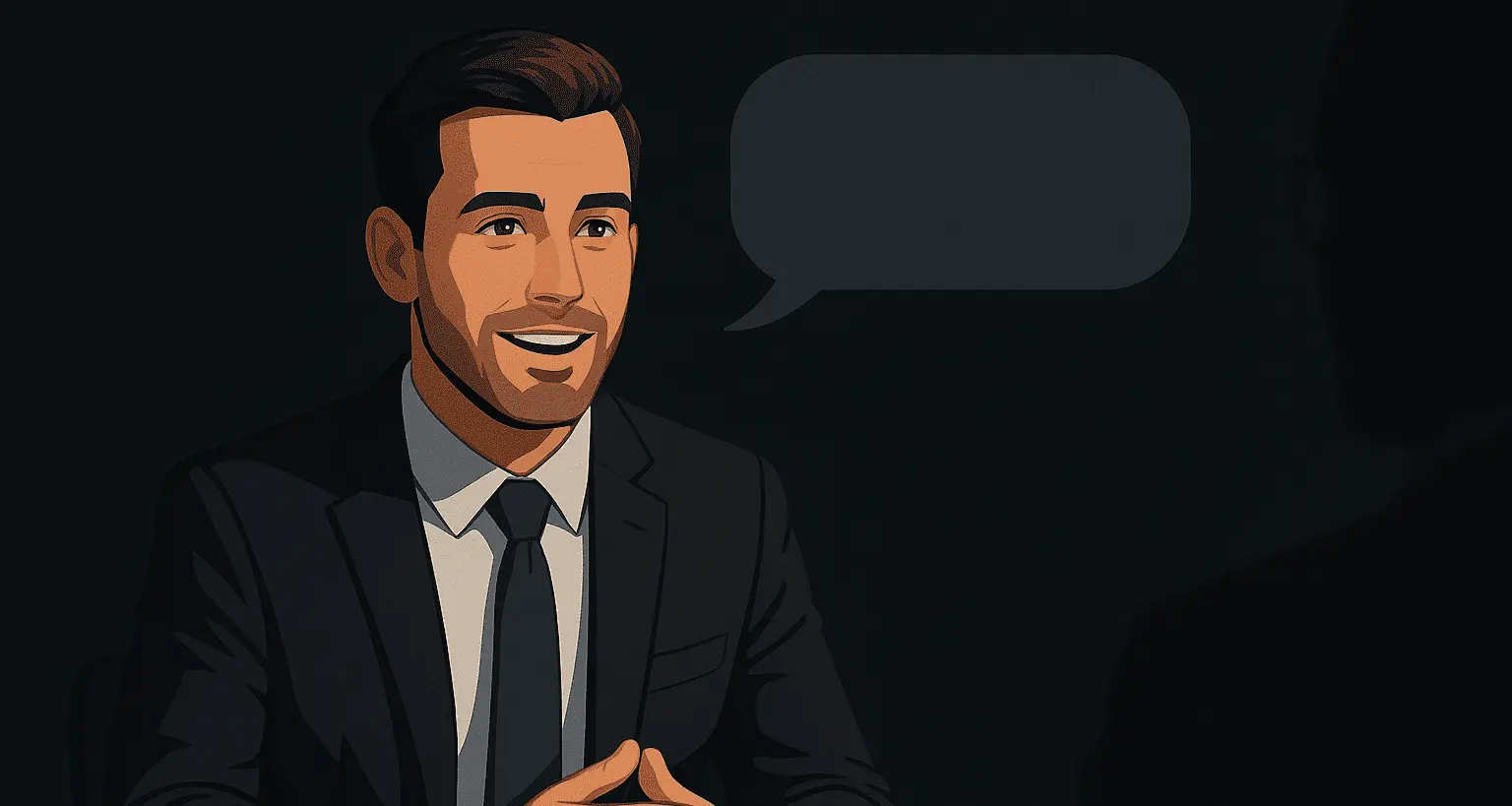The "what are some weaknesses for a job interview" question sends shivers down the spines of even the most seasoned job seekers. You're sitting across from a hiring manager, feeling the weight of the moment, and suddenly they ask you to essentially announce your flaws. It feels like a trap—admit something and you're done, hide it and you look evasive. But here's the reality: this question isn't a minefield if you understand what's really being asked.
What are some weaknesses for a job interview that actually work? The ones rooted in genuine self-reflection. Interviewers aren't fishing for deal-breakers; they're evaluating your self-awareness, coachability, and commitment to growth. When you answer this question well, you transform what feels like an interrogation into an opportunity to showcase maturity and intent. Over the next few minutes, we'll walk through realistic weakness examples tailored to different roles, frame them strategically, and equip you with the confidence to own this moment rather than dread it.
Why Recruiters Ask About Weaknesses in Interviews
Understanding why this question exists is half the battle. When hiring managers ask, "What are some weaknesses for a job interview context?" they're not trying to trip you up for entertainment. There's psychology here.
Self-Awareness: First and foremost, they're testing if you know yourself. Can you honestly evaluate your skills without defensive deflection? Self-aware employees catch their mistakes earlier, ask for help when needed, and don't waste time on false confidence. They're teammates who make better decisions because they understand their limits.
Growth Mindset: Companies invest in people who improve. When you describe a weakness alongside concrete actions you've taken to address it, you're signaling resilience. You're not stagnant. You don't make excuses. You identify problems and solve them. That's gold in any organization, especially startups and fast-growing companies where adaptability determines survival.
Cultural Fit: Your answer hints at alignment with company values. A nonprofit focused on collaboration wants to hear you've worked on being less abrasive. A data-driven tech firm appreciates when you admit you used gut feel over metrics and are retraining yourself. Honesty builds trust. If you'll own your shortcomings in an interview, you're likely someone who owns mistakes on the job too—not a finger-pointer.
Pressure Response: Interviews are controlled stress tests. How you handle a challenging question reveals how you'll navigate difficult conversations at work. Do you freeze? Ramble? Pivot gracefully? Your delivery matters as much as your content. A polished, thoughtful answer proves you can think clearly when stakes are high—a skill that matters everywhere.
The Strategic Framework: Acknowledge-Act-Adapt
Before we dive into specific examples of what are some weaknesses for a job interview, let's lock in a structure that works. The best responses follow three simple moves: Acknowledge the weakness, highlight the Action you've taken, and show the Adaptation or progress.
Acknowledge: Be real. Pick a genuine limitation—not a humble-brag like "I'm a perfectionist" that everyone rolls their eyes at. Instead, choose something human: you struggled with delegation, public speaking made you nervous, or you leaned too heavily on gut instinct instead of data. The weakness should be specific enough to feel authentic but peripheral enough that it won't disqualify you for the role.
Act: This is where you prove you're not just aware—you're fixing it. Detail the concrete steps: enrolled in a course, read a book, started a daily practice, got a mentor, joined a group. Vague promises like "I'm working on it" don't land. Specific actions—"I completed the Coursera communication certification and practice speaking twice weekly"—show intent and follow-through.
Adapt: Wrap with the impact. Maybe you've not perfected it, but you've leveled up. "I went from avoiding presentations to leading quarterly reviews. I'm not fearless yet, but I'm effective." That honesty plus progress is compelling. It shows humility paired with ambition—exactly what hiring managers seek. When answering "what are some weaknesses for a job interview," this three-part structure is your foundation.
Common Mistakes When Answering "What Are Some Weaknesses?"
Even good candidates fumble this question by falling into predictable traps. Avoid these landmines and you're already ahead of 80% of the competition.
- The Humble-Brag: "I'm too much of a perfectionist" or "I care too much about work." These are clichéd and feel inauthentic. Recruiters have heard them a thousand times. Pick something genuinely challenging.
- Weakness That's Disqualifying: "I hate teamwork" or "I can't handle stress" for a high-pressure role? That's self-sabotage. Choose weaknesses that won't eliminate you, that feel peripheral to core job responsibilities.
- No Action Plan: Just naming a weakness without explaining how you're fixing it is incomplete. It tells them you're aware but maybe not committed to change. Always include concrete steps you're taking.
- Talking for Five Minutes Straight: A rambling monologue kills the conversation's momentum. Aim for 60-90 seconds. Brief, articulate, and confident beats long-winded every time.
- Blaming External Factors: "My old boss didn't give clear direction, so I struggled with initiative." Shifting responsibility is a red flag. Own your part, period.
- Vague Generalities: "I need to work on communication" is lazy. Which aspect? Presentations? Email clarity? Difficult conversations? Specificity shows you've actually reflected on this.
- Claiming Complete Transformation: "I used to struggle with this but now I'm perfect at it." Suspicious. Frame it as progress: "I'm significantly better, though I still catch myself occasionally."
Navigate around these pitfalls and your answer becomes compelling. You're not avoiding the question or fabricating answers—you're being real, which is exactly what they want to hear.
How to Customize Your Answer to the Role
The best answers aren't generic—they're tailored to the role you're pursuing. Here's how to make that strategic connection without sounding calculated.
Start by analyzing the job description. What skills do they emphasize? Circle keywords like "collaborative," "detail-oriented," "data-driven," or "fast-paced." If collaboration is highlighted, discussing how you've worked on delegating or receiving feedback positions you as someone who values teamwork. If the role demands precision, admitting you're strengthening attention to detail shows alignment. The weakness becomes a bridge, not a barrier.
Next, research company culture through Glassdoor, LinkedIn, and their website. A buttoned-up consulting firm? Discuss refining your executive presence or time management discipline. A creative startup with laid-back vibes? Talk about loosening your rigid processes or embracing creative risk-taking. When your weakness answer echoes company values, it signals you understand the environment and can thrive there.
Act: This is where you prove you're not just aware—you're fixing it. Detail the concrete steps: enrolled in a course, read a book, started a daily practice, got a mentor, joined a group. Vague promises like "I'm working on it" don't land. Specific actions—"I completed the Coursera communication certification and practice speaking twice weekly"—show intent and follow-through.
Finally, practice your tailored answer out loud before the interview. Time it. Record it. Ask a trusted friend for feedback. When you can deliver it conversationally without sounding rehearsed, you've nailed it. The goal is to feel confident, not perfect—confident people win jobs.
Practice and Preparation: Your Secret Weapon
Knowing what to say is half the battle. Delivering it smoothly under interview pressure? That's the other half. The good news: this skill responds dramatically to deliberate practice.
Step One: Draft Your Response Write it down using the Acknowledge-Act-Adapt framework. Keep it to 100-150 words on paper—this discipline forces clarity and eliminates filler. Read it aloud. Does it sound conversational, or like corporate jargon? Revise until it feels like you talking, not someone else's script.
Step Two: Record and Review Use your phone to record yourself delivering the answer as if to an interviewer. Playback is humbling but invaluable. Listen for filler words ("um," "like"), monotone delivery, or rushed pacing. Note one or two specific things to improve—don't overwhelm yourself.
Step Three: Role-Play with Feedback Ask a trusted friend to surprise you with the question mid-conversation, simulating the pressure factor. After your answer, ask for honest feedback. Did you come off defensive? Rehearsed? Genuine? Adjust based on their observations, then practice again. Organizations like Toastmasters provide a structured environment to build speaking confidence.
Step Four: Handle Variations Interviewers sometimes rephrase: "What's an area for improvement?" or "Tell me about a time you failed." Practice pivoting your core weakness story to fit different phrasings. Flexibility beats memorization—you're having a dialogue, not delivering a monologue.
Step Five: Mock Interview Simulation Do a practice interview under real-world conditions. Dress professionally, sit formally, no do-overs. The stress prepares your brain for the actual interview. If you want an edge, tools like getmockinterview.com simulate this exact scenario with AI feedback on tone, structure, and confidence. It's like a flight simulator for interviews—fail safely, learn fast, walk into the real thing ready to excel.
Aim for three to five practice runs before your actual interview. Each repetition smooths rough edges and builds genuine muscle memory. By interview day, your answer will flow naturally, and you'll project the quiet confidence that wins offers.
Transforming Weakness Into a Strength Narrative
Here's the mindset shift that changes everything: Your weakness isn't a liability waiting to be exposed—it's a narrative of growth that proves you're someone who evolves. That's compelling. That's memorable. That's hireable.
Anyone can claim they're excellent at everything. That's boring and unbelievable. But someone who says, "I struggled with X, studied it, implemented new approaches, and here's the measurable difference"—that's a mini hero's journey. People connect with transformation narratives. You become the person who doesn't just acknowledge problems but solves them.
Moreover, owning growth areas signals coachability—one of the top three traits smart companies seek. Markets shift, tools evolve, and organizations need people who adapt rather than stubbornly defend outdated methods. When you demonstrate you're already in a cycle of continuous improvement, you're essentially telling them, "I'll keep leveling up here too." That's gold.
So walk into that interview understanding: this question isn't meant to trip you up. It's your opportunity to showcase maturity, resilience, and ambition simultaneously. When answered right, "What are some weaknesses for a job interview?" becomes the moment you stand out, not the moment you stumble.
Ready to Own Your Story
You now have a comprehensive toolkit for tackling one of the trickiest interview questions. From understanding why recruiters ask, to identifying genuine weaknesses, structuring compelling responses, customizing to roles, and practicing deliberately—you've got everything.
Remember the core principle: The goal isn't perfection—it's authenticity paired with demonstrated growth. Show interviewers you know yourself, you're committed to improvement, and you bring a learning mindset to everything. Those qualities matter infinitely more than a spotless track record.
Before your next interview, pick one weakness from our examples that genuinely resonates with your experience, craft your response using the Acknowledge-Act-Adapt framework, and practice it until it feels effortless. If you want a competitive edge, leverage mock interview tools to simulate the real experience, get AI feedback, and refine your delivery. You've got this. Now go out there and turn that weakness question into your secret weapon.
Have you crushed this question in an interview? Share your winning approach in the comments—we'd love to hear how you transformed vulnerability into opportunity. Explore more guides on our articles hub, and see our strengths guide for complementary strategies on showcasing your best side as well.







